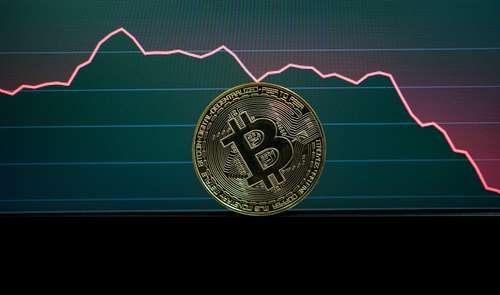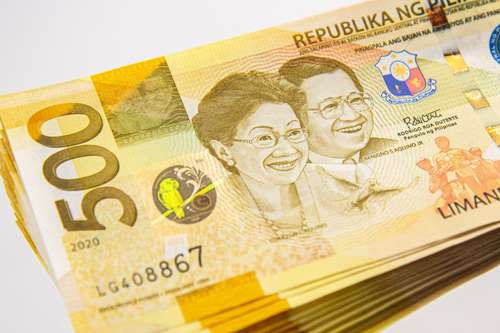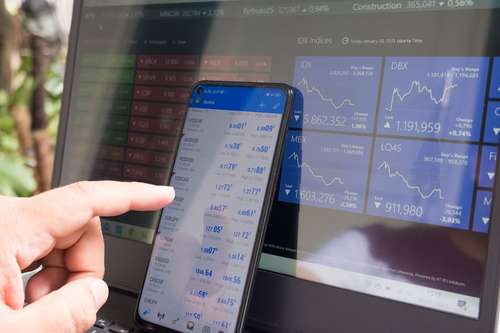3 years after El Salvador adopted Bitcoin as a legal tender, locals showcase how much difference it has been so far.

In a survey conducted by José Simeón Cañas Central American University, insights into utilising Bitcoin in El Salvador during 2023 have been unveiled.
The study, featuring 1,280 respondents interviewed in their homes in December 2023, sheds light on the evolving dynamics of Bitcoin adoption in the Central American nation.
The survey disclosed that 12% of the locals had embraced Bitcoin at least once for transactions involving goods and services.
This marks a noticeable decline from the 24.4% reported in 2022, suggesting a shift in the cryptocurrency ecosystem within the country. So, the decrease in Bitcoin users raises questions about the factors influencing this behavior change.
Among those who had integrated Bitcoin into their transactions, nearly half, comprising 49.7%, utilized the cryptocurrency for purchases on a sporadic basis, ranging from one to three times.
In contrast, a significant 20% of respondents demonstrated a more frequent usage, employing Bitcoin for transactions ten times or more.
Unraveling the patterns of Bitcoin transactions offers insights into the varied degrees of acceptance and integration within El Salvador.
Bitcoin's Impact on Daily Expenditure
Looking into the specifics of expenditure, the survey highlighted that groceries dominated Bitcoin spending at 22.9%.
Supermarkets closely followed at 20.9%, showing a preference for utilizing digital currency in routine essential purchases.
Additionally, veterinary clinics accounted for 15% of Bitcoin transactions, indicating a diverse range of sectors adopting cryptocurrency payments.

While the survey reflected a decline in Bitcoin usage, there was a contrasting perception regarding the economic impact of the cryptocurrency.
Interestingly, a higher percentage of respondents, 6.8% in 2023 compared to 3% in 2022, felt that their family's life had improved with Bitcoin as legal tender.
However, a significant portion, 34.3%, believed that the overall economic situation in the country had improved, with a primary attribution to the decline in crime at 24.3%.
Remarkably, only a minimal 0.5% associated Bitcoin with the broader economic improvements.
The study also discussed the contentious topic of the Salvadoran government's involvement with Bitcoin.
Notably, 77.1% of respondents expressed a desire for the government to halt "spending public money on Bitcoin."
Nayib Bukele Portfolio Tracker
Beyond the survey's purview, the "Nayib Bukele Portfolio Tracker" provides insights into the financial performance of El Salvador's Bitcoin portfolio.
The tracker indicates an overall profit of approximately 0.57% at the time of writing, offering a quantitative perspective on the outcomes of the government's investments in Bitcoin.



